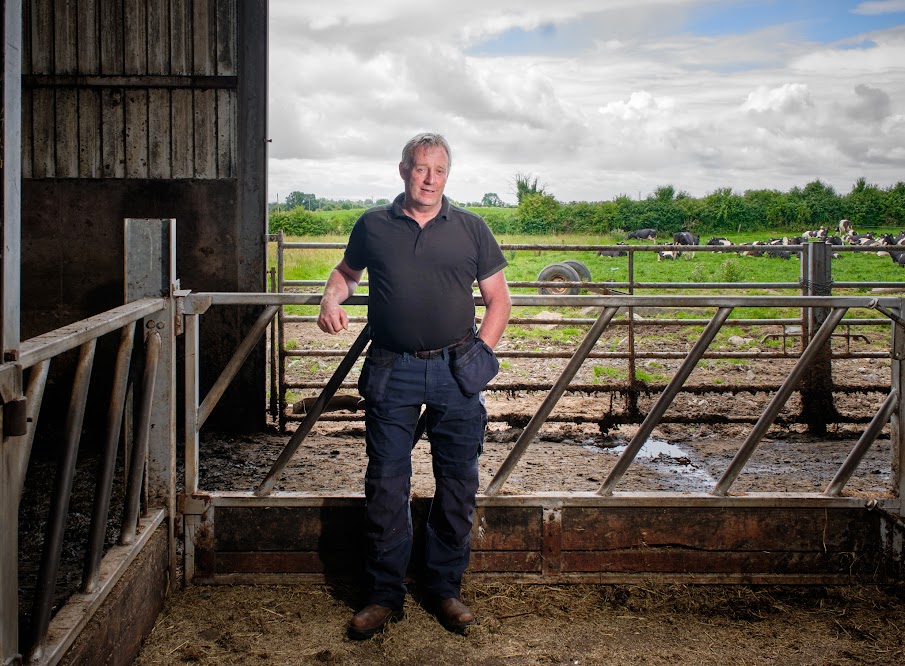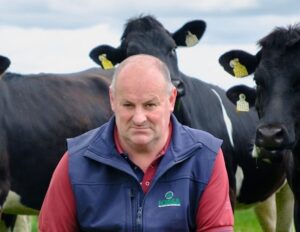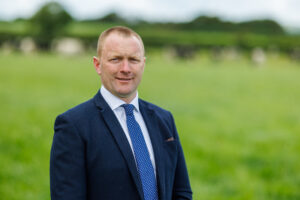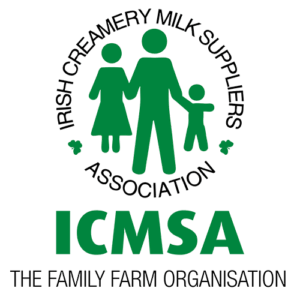
Upward Movement in Beef Prices Necessary and Welcome – ICMSA
ICMSA Livestock Committee Chairperson, Mr. Michael O’Connell has welcomed the beginning of beef prices moving upwards with factories notably working on securing adequate supplies in the run up to the Christmas trade. We saw 5c/kg extra added to base prices as last week progressed with 510c/kg base price for steers and 515c/kg base price for heifers been paid. It also has been noted that some factories have paid in excess of this for in-spec bunches of steers and heifers while the standard breed bonuses of 10c for Herefords and 15c for Angus have been exceeded with 15 and 20c/kg respectively being the norm in most cases. It has also been noted that some processors have reverted back to flat pricing on Friesian steers which is an indicator of tight supplies which is unusual at this stage of the year. Mart trade has also upped a gear or two this week and all indications point towards factories knowing that unless they feed them in their own feedlots or encourage specialist feeders to feed them, they won’t have adequate supplies next Spring.
With suggestions that some processors have already slaughtered cattle out of their own feedlots after 30 days of residency, one would have to ask where are Bord Bia Quality assurance guidelines here, are these animals being sold as quality assured and is there a Quality assurance payment being made? If a farmer bought Quality Assured cattle and slaughtered them after 30 days residency, you can be sure he or she wouldn’t receive the bonus.
All the talk of bigger kills on a weekly basis over the last 3 to 4 weeks is a false representation of the amount of under finished and light weight cattle being slaughtered which shows the vulnerable position factories seem to be in from a supply perspective which should benefit farmers. Taking the positive shift in prices into account, Mr. O Connell aired his concerns on a number of aspects at the moment most notably the dwindling carcass weights year on year. The last year has seen carcass weight of steers dropping to a record low of 347kg from a record high of 360kg in 2020. Taking this into account with the number of steers slaughtered in 2023 at 693,933, this is a total reduction in carcass weight of 9.02 million kgs of beef. The average price of all steers slaughtered in 2023 was €5.04c/kg inclusive of VAT, therefore, farmers have lost in a short period of time €45 million on these cattle. When you look at figures like this, one would have to ask what is the future direction of our beef industry?
The second hugely important point according to O’ Connell is the price differential between the Irish and UK R3 steer which according to Bord Bia figures lies at €1.04c/kg on the latest release of figures. We have state agencies and Department officers jetting off around the world on trade missions selling our beef and lamb but why isn’t this differential being addressed, it’s the silent elephant in the room. It’s no wonder to this day that the UK are our largest customer for beef and when you see the price differential, it’s cheaper for them to buy Irish beef than stock the shelves with UK beef.
Last week, ICMSA attended the launch of MII charter for sustainable beef production where industry experts and beef processor representatives rightly highlighted the progress being made in terms of sustainability at farm level. I welcome these developments, but what has it done for our farmers viability? From the figures above and the startling figures released lately by Teagasc National Farm Survey Dairy Beef Factsheet where it stated that the average net margin on a dairy calf to beef farm in 2023 was €65/acre, it is clear to be seen the sustainability progress farmers are making is only making one party wealthy, the beef processors. Farmers have made huge strides towards sustainability but are not being recognised for it. Sustainability goals also include slaughtering at a younger age. We all agree we need to work towards this approach but since the mantra has changed from heavier to lighter carcasses based on industry guidelines, it is not being rewarded at farm level. Lighter carcasses mean lighter cheques. We, as farmers, are doing everything we possibly can do to help our climate targets, reduction in nitrogen usage, use of clover and MS swards, slaughtering cattle at younger ages and use of LESS to name but a few, and for all this adaptation, we have seen no incremental improvements in return on investment on our farms. This needs to change, concluded Mr. O’Connell.
Ends 21 October 2024
Michael O’Connell 086-8551015
Chairperson ICMSA Livestock Committee
Or
ICMSA Head Office (061)314677
Latest Headlines
- Sections
Contact Us
Telephone
+353 (0)61 314677





